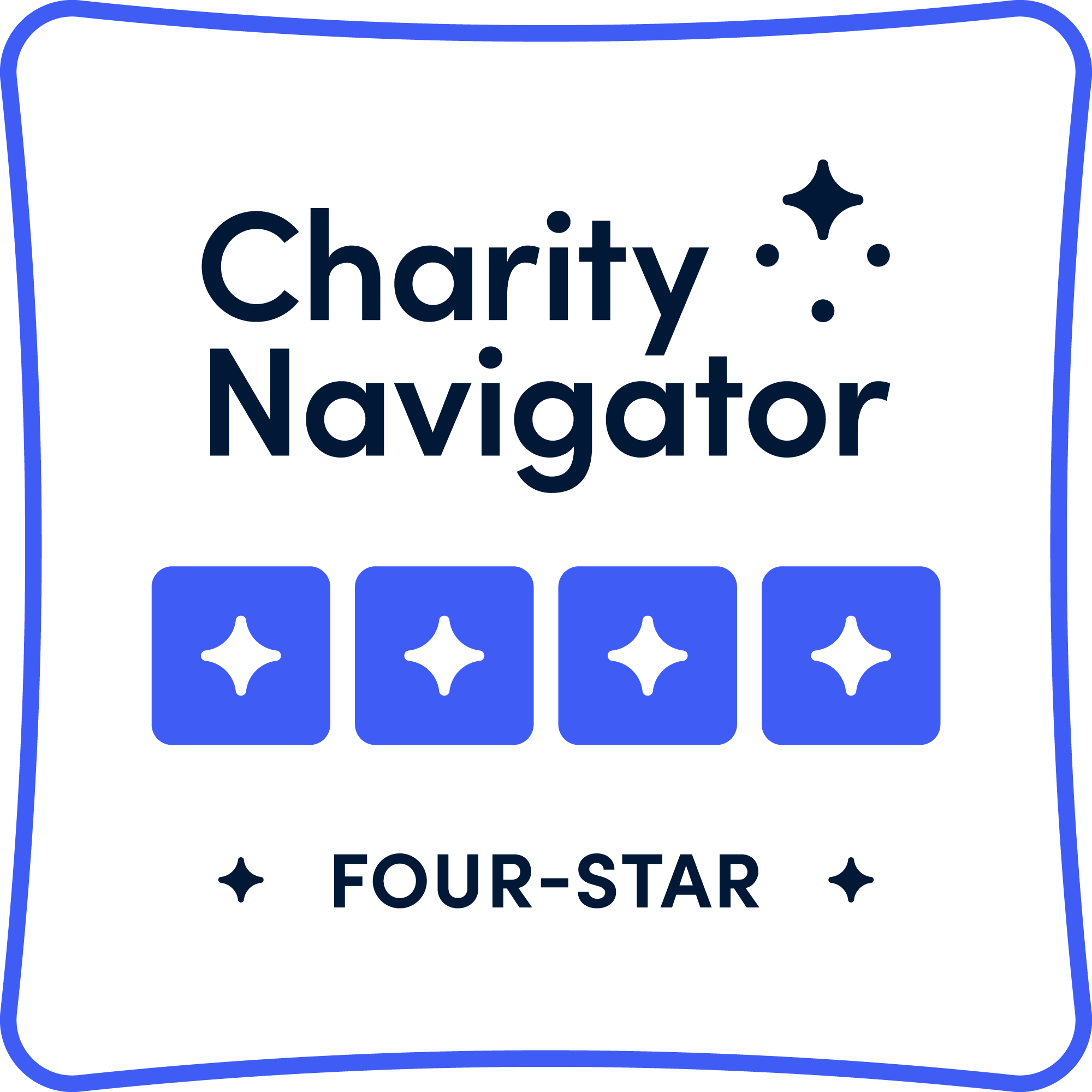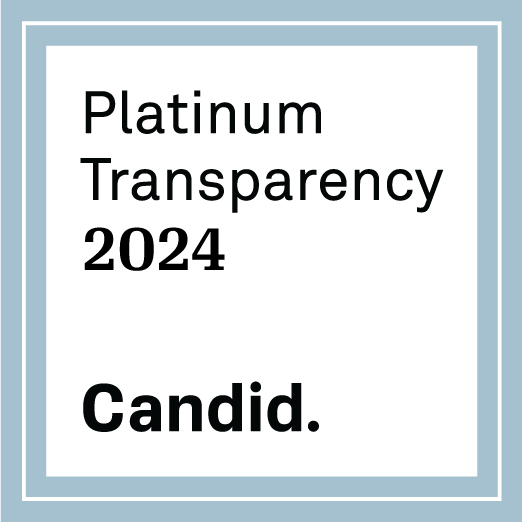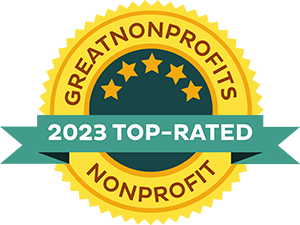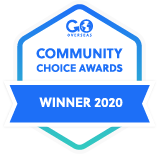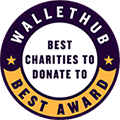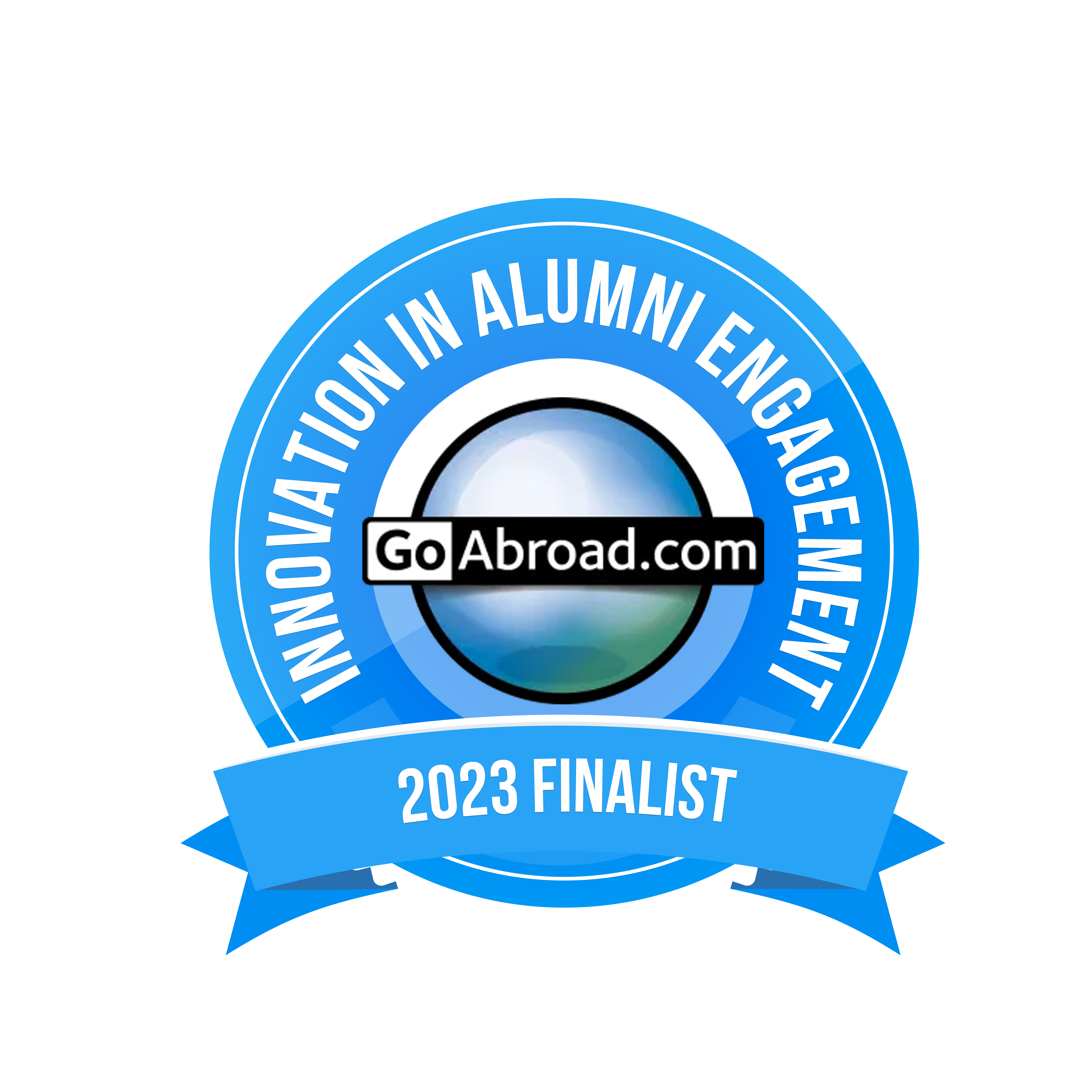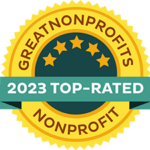What I’ve Learned from 16 years of disaster relief volunteering
Angelica’s Volunteer Story
April 20, 2022
Angelica joined one of our earliest response programs in Biloxi, Mississippi when she responded to our Co-Founder’s call for volunteers in 2005. She returned to volunteer 16 years later and brought along a wealth of disaster response and recovery expertise. Below she reflects on how her first experience with an early iteration of All Hands and Hearts shaped her career from that point on.
Growing up in and around the Gulf Region, I’m no stranger to the devastation hurricanes leave in their wake. I was a teenager when Hurricane Andrew destroyed much of south Florida in 1992 and, in 2004, my hometown, Fort Pierce, was completely decimated by back-to-back Hurricanes Jeanne and Frances. Like many Americans, I watched in horror as media outlets showed the impact of Hurricane Katrina across the Gulf Coast in 2005. The situation was dire, and, whilst I was too young in 1992 and in college out of state in 2004, I was ready and determined to help in person however I could.
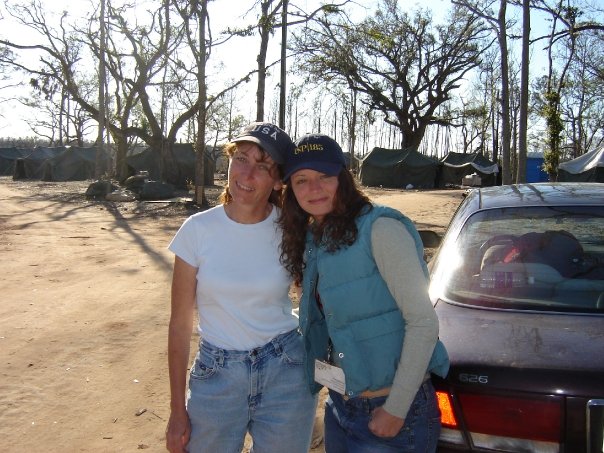
I contacted several disaster response organizations but they weren’t able to offer volunteer opportunities. A few mornings after the storm hit, I caught a National Public Radio (NPR) interview with David Campbell who had recently founded Hands on USA (HOUSA – the earliest iteration of All Hands and Hearts). They were on the ground in Biloxi, Mississippi, and seeking immediate disaster assistance from willing and able volunteers. Recognizing this as one of the hardest-hit areas, I booked a flight right away.
I had no idea what to expect of my first time as a disaster volunteer. I remember being picked up at the airport and, even before we made the journey back to the program base, we helped unload a cargo plane carrying aid, delivered goods to a local distribution center, collected supplies and made a trip to a supermarket so I could buy a tent to sleep in. It was clear right away that this was going to be a full on but rewarding experience.
We were up before dawn each day and didn’t get back to our base until near dark. Then there was our nightly program meeting, the next day’s job signup, our evening meal and any chores or repairs needing done. At night, volunteers would gather around a campfire together or enjoy some time alone to rest before starting again the next day. It was intense, heart-wrenching, and magical. I’ve never experienced anything quite like it since!
My fellow volunteers were thoughtful and passionate and, as this was such an unprecedented storm, and federal governmental assistance was lacking, we wanted to address some of the major challenges experienced by displaced residents. We were able to build a picture of the most pressing needs by going door-to-door in several neighborhoods. Many families were forced to live on the slabs and patches of land where their homes once stood and so we coordinated with donors to supply coolers, tarps, tents – anything to provide respite from the unrelenting heat. We also replaced the street signs in greater Biloxi which had been ripped off in the storm surge to help direct response workers.
For me personally, one of our greatest achievements in the initial response was translating the graduate-school level language used by the Federal Emergency Management Agency (FEMA). They had handed out booklets containing several hundred pages of information on how residents could apply for a government-subsidized trailer. We summarized this booklet in a one page document providing simple, easy-to-follow guidance.
Leaving the program after the initial 10 days I committed to was such sweet sorrow. There was still a lot of work to be done and I didn’t want to leave, but my flight home was booked and I had a job interview lined up. While dropping me back at the airport, a fellow volunteer told me he’d be returning in three days in case I wanted to come back. I ended up being offered the job I interviewed for so I had a tough decision to make. I chose to return to Biloxi and support the HOUSA team and it changed my life, my work ethic and my career trajectory forever.
I spent a year working alongside community members impacted by Hurricane Katrina – volunteering with HOUSA and as a Project Coordinator with an NGO leading school and faith-based Service-Learning groups. During my Bachelor’s degree I minored in Disaster Response Management and gained multiple certifications. Combining this training with my experience on the ground, I’ve spent the past 12 years carving out a fulfilling career that keeps me closely tied to my disaster relief roots helping others in their greatest time of need.
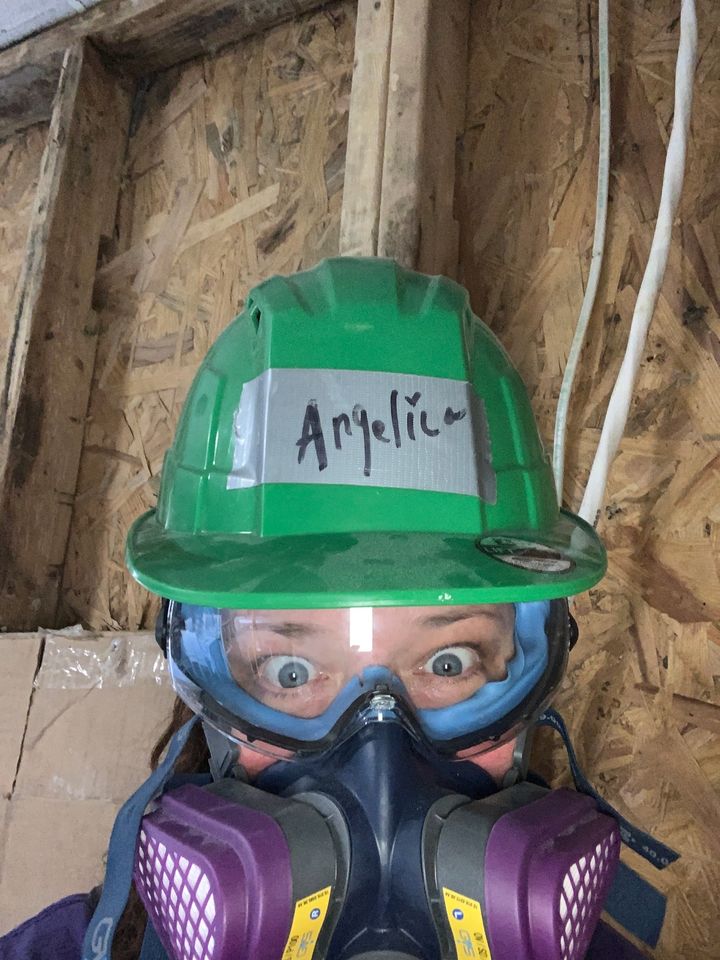
I wanted to stay up to date with everything HOUSA was achieving and subscribed to newsletters, including those from newer incarnations of the organization, All Hands Volunteers (AHV) and All Hands and Hearts (AHAH), and followed them on social media. Without this ability to stay connected and updated, I might never have considered coming back to volunteer 16 years after my first experience, and I’m beyond grateful I did.
When I returned to serve on the Hurricane Ida Relief program in 2021, it was instantly clear that the camaraderie and passion amongst volunteers is still as strong as it was in 2005. The same bonds naturally formed through a shared dedication to acts of service. As was the case all those years ago, swapping the comforts of home for a structured, communal living environment was easily justified as the cost of doing something meaningful, important and selfless to support the long term recovery of residents of LaPlace, Louisiana.
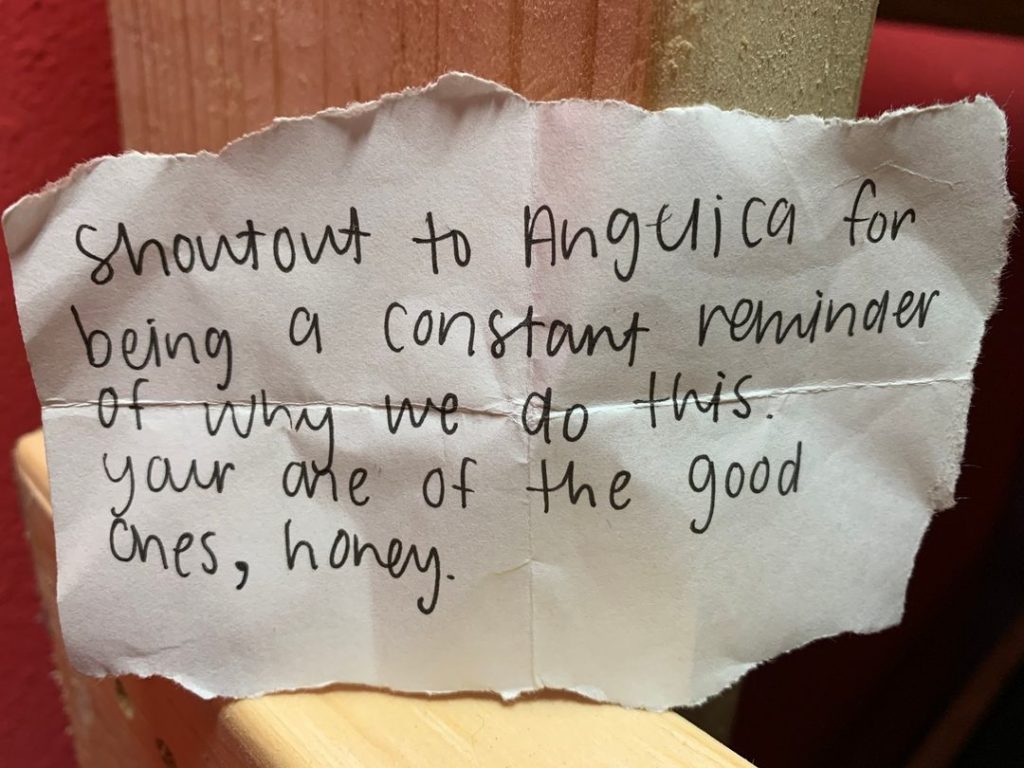
I’ve loved watching HOUSA grow into AHV and AHAH. It was a privilege to experience the results of this evolution first hand. Going from not knowing what to expect before my first disaster relief program to receiving such incredible support on my return was impressive. Everything from accessing the information hub to being able to get to know other volunteers on the Alumni Network helped me feel prepared. Even as I write this four months after volunteering, there’s been even more progress made to ensure programs are safe, inclusive spaces where wellbeing is placed at the forefront of operations. It displays a welcomed maturity of this very special organization.
I love AHAH and everything they stand for. I recommend volunteering with them to others on a regular basis because I genuinely believe it can be life-changing. Ultimately, I hope the experience inspires people to take what they’ve learned and put it to use in their own communities. The plethora of skills I’ve gained has assisted me throughout my life. In a Disaster response and recovery setting, you learn to troubleshoot, respond flexibly to a problem and think through decisions before acting. You become mindful of your surroundings and sensitive to the needs and circumstances of others. My favorite quote is from Margaret Mead: “Never doubt that a small group of thoughtful, committed individuals can change the world. Indeed, it is the only thing that ever has.” This idea perfectly encapsulates the work being done by AHAH worldwide. I’m proud to be one of many who have joined these ranks and can’t wait to get back to another program!




